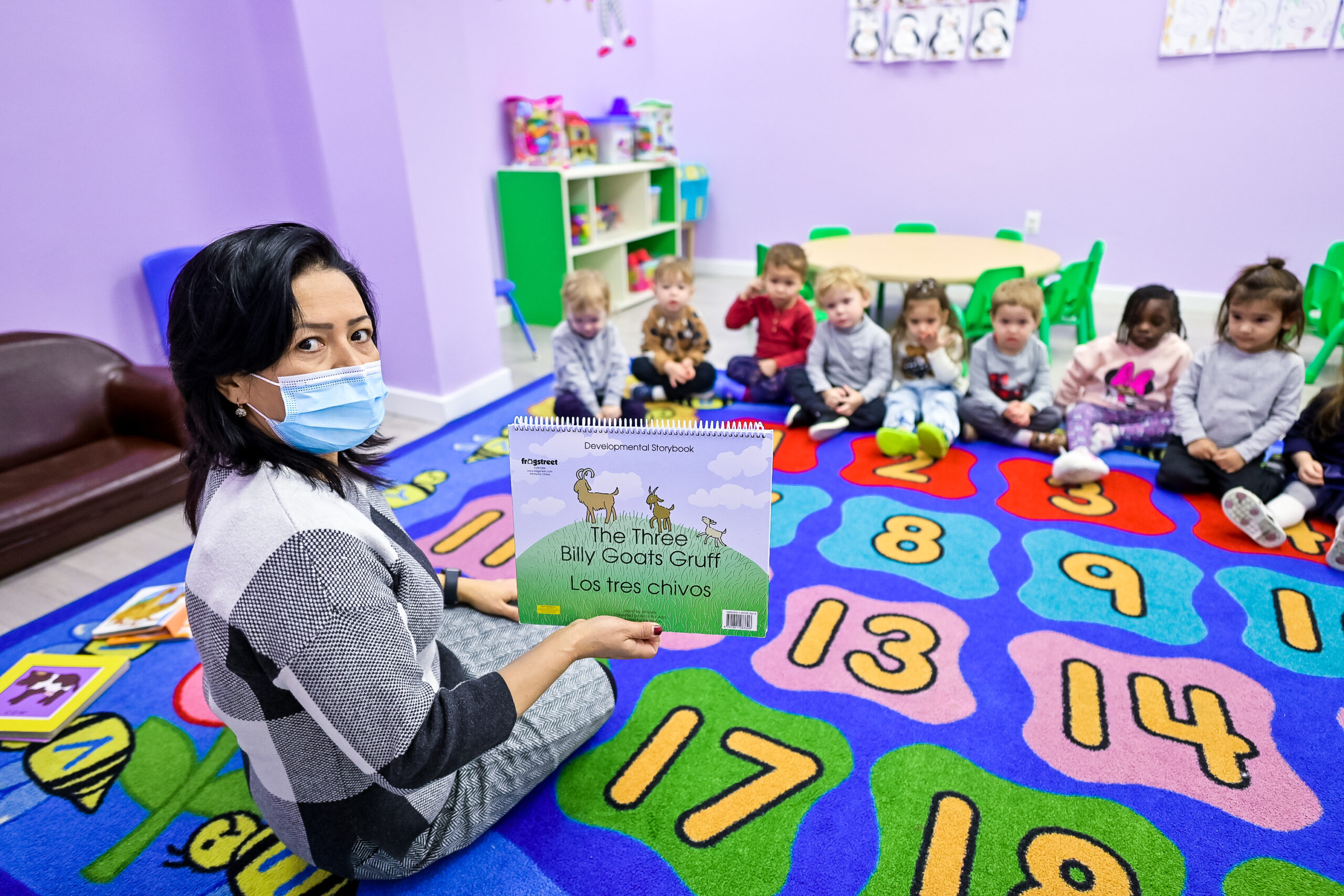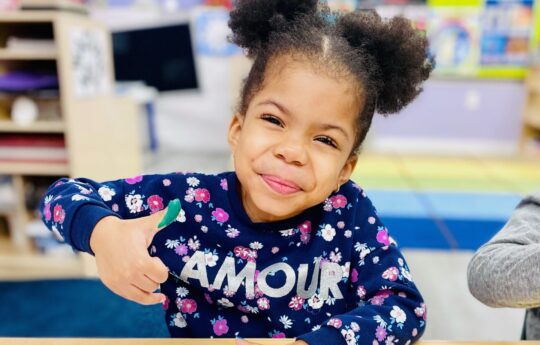
Reading plays a crucial role in our lives from a very young age. It can bring joy, give access to knowledge, and is a way for children to interpret the world. Most of us know reading is good for children, but why is it important and what are some easy ways to encourage it in your child’s day-to-day life?
Why Is Reading Important for Children of All ages?
Better Concentration
Concentration is something that all of us struggle with sometimes, and it seems increasingly challenging with the rise in children’s electronic entertainment. But books, whether read together or alone, can help improve a child’s ability to sit and focus for extended periods.
Improved Vocabulary and Communicative Skills
The more words a child is exposed to, the more words they will know — that seems like common sense! But, reading from an early age also increases general communication skills. In fact, a 2016 study of children aged 10-16 months showed that the “quantity and quality of language input” associated with book-play was higher than that of electronic or traditional toys. And, higher-quality language input at an early age can create an advantage which “can have long-lasting implications for overall academic success.”
Broader Imagination and Social Skills
Ok, so most children aren’t lacking in the imagination department, but reading can help foster what is already there, requiring children to build characters, places and entire worlds in their heads. Moreover, many children’s books have themes or plots that teach valuable lessons — from kindness and empathy to the importance of sharing.
3 Simple Reading Activities for Pre-schoolers
While many parents agree that reading is great for children, actually getting it into a child’s day to day routine can be tough. Here are some simple activities to try out (even if you’ve got no time)!
Shopping lists
Chances are, you’ll be writing these anyway, so why not make it a learning opportunity? Write the list out with your child, and once you return home, get them to help unpack by reading the words.
What’s That Thing?
Bring words into the real world by writing the names of objects on sticky notes and placing them on the actual object in your home. Even if your child can’t fully grasp the words yet, the idea that reading is connected to the things all around us is a great lesson.
Postcards and Letter
If you’re on vacation, why not write a postcard with your child and send it home? Or, get some crayons and a pen to send a letter to the grandparents?
There are so many more activities out there once you start to think about how common reading is. And, with it being so important for all ages, Little Scholars prides itself on providing a book-rich environment and developing the communicative and literacy skills of the children in our care.

